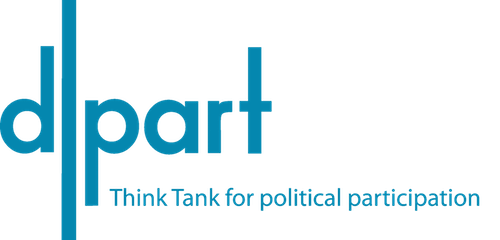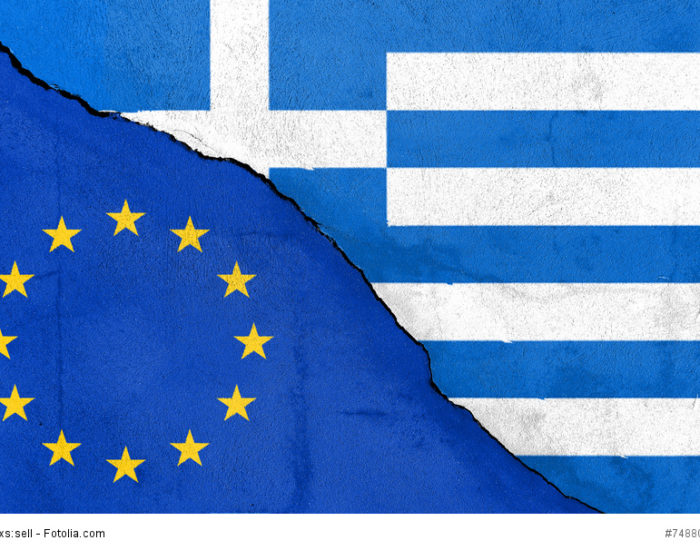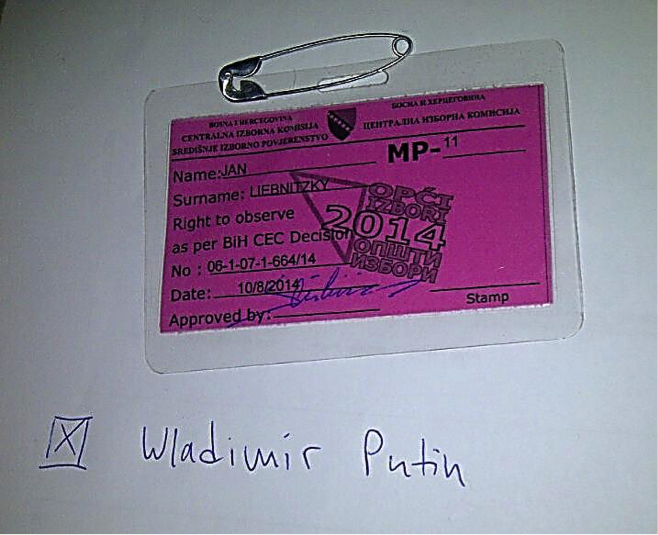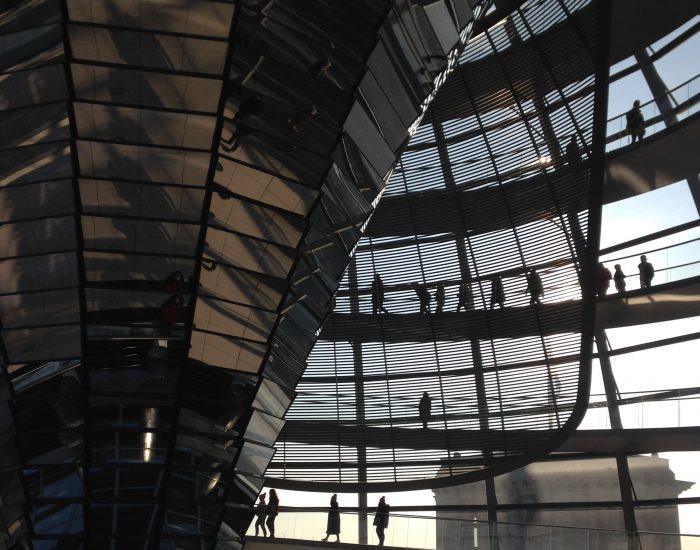It takes courage to build democracy
Reflections on events in Turkey by Christine Hübner.
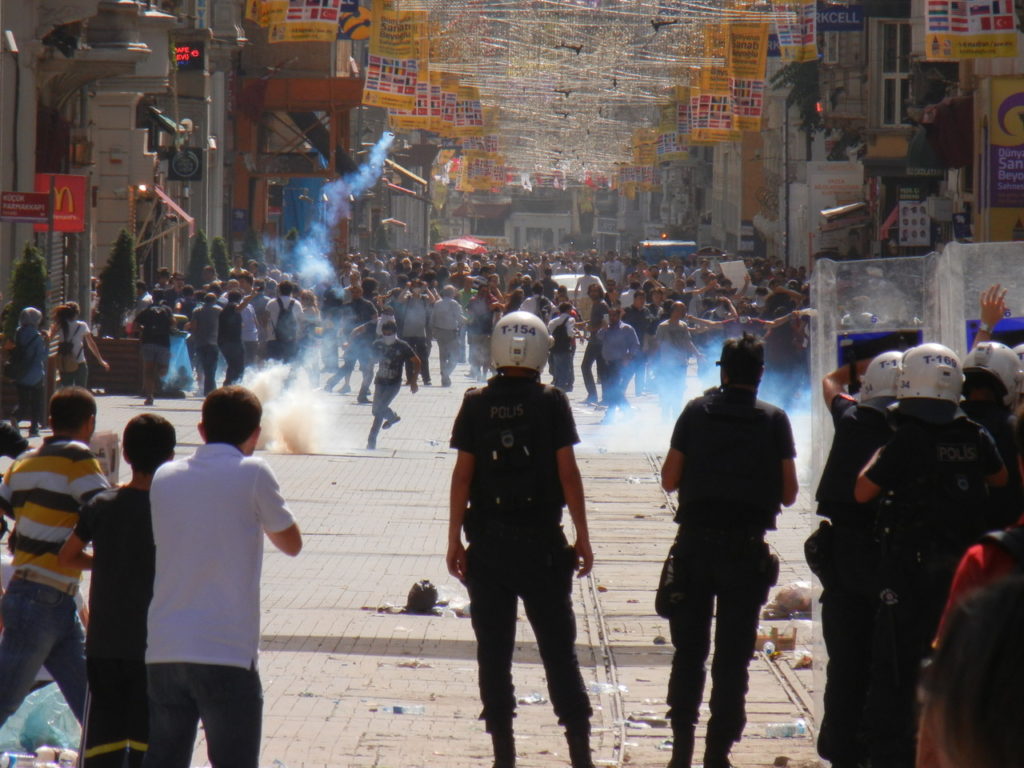
It’s been two years now that I was in Istanbul for the first time. I arrived on an evening flight and took a bus into the city. The bus driver dropped us off right at Taksim square and I remember how amazed I was at the happy sight. Despite the late hour the square and the neighbouring Istiklal, Istanbul’s main shopping mile were packed with people doing their shopping, eating ice cream or just enjoying an after work drink.
Today, I get shivers when I see my Turkish friends’ and acquaintances’ pictures of Taksim square on Facebook and Twitter. It does not quite fit the happy memory I recollect. Within less than 2 days, what started as a simple sit-in to protest against the redevelopment of Gezi Park in central Istanbul developed into a full-scale civil protest against recent government decisions such as on restraining alcohol sales, prime minister Erdoğan’s increasingly authoritarian style of government, and the perceived creeping islamisation of Turkish politics.
Judging by my Facebook and Twitter feeds the uprising seems to massive – just as massive as police violence to calm the situation. As Turkish media is banned to report on the protests, the social media hype around it grows only larger. While in the Arab Spring two years ago, protesters used social media mostly to communicate and organize, my Turkish friends also make use of their far-reaching Web 2.0‑networks to host a clear message: spread the news in Europe, spread it in the US, and everywhere! From the resulting reporting – even on Reuters or the BBC – I find it difficult to judge how large and united the group of protesters in Turkey really stands.
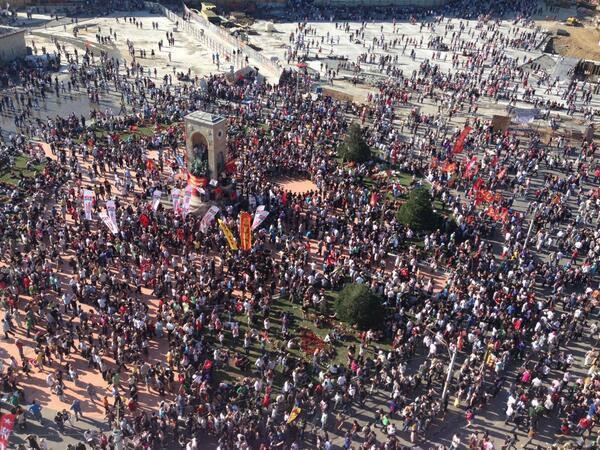
Aerial view of Taksim square this weekend / #OccupyGeziPics
Prime minister Erdoğan said about the protests: “All attempts apart from the ballot box are not democratic.” According to the BBC, he even added he could summon a million pro-government protesters if he wanted to. No matter how populist this sounds, he raises an issue with his statement: Recep Tayyip Erdoğan is Turkey’s most popular politician and is often described as Turkey’s strongest leader since Mustafa Kemal Ataturk. His AK party has won three consecutive general elections, each time receiving more votes than in the previous election. In the latest one in 2011, the AK reached almost 50% of the popular vote. Even if all protesters weren’t voting for him, 21 million other Turkish voters must have done so.
Election Results – General elections Turkey 2002, 2007, and 2011
| Election date | Party leader | Votes received | Percentage of votes | No. of deputies |
| November 3, 2002 | Recep Tayyip Erdoğan | 10,763,904 | 34.26% | 363 |
| July 22, 2007 | Recep Tayyip Erdoğan | 16,327,291 | 46.58% | 341 |
| June 12, 2011 | Recep Tayyip Erdoğan | 21,442,206 | 49.83% | 326 |
Unfortunately, in his statement Mr Erdoğan confuses the mere mechanisms of representative democracy with democracy as a concept. No matter whether at the ballot box or in between general elections — democracy is a form of government in which citizens have an equal say in the decisions that affect their lives and come together to make these decisions. To me the protests in Turkey show once more that building this kind of democracy takes a lot of courage – more courage than to just set up regular elections. Casting a vote every so many years in an anonymous election is one thing. Speaking to others about mutual as well as diverging needs and wishes, standing up for own values, having an opinion, and listening to those who have another one – is a completely different thing.
For democracy to succeed it takes a strong civil society that is allowed and able to voice an opinion. It also takes a political elite that has learnt to listen to its citizens. Author and activist Parker J. Palmer writes that “Democracy is a non-stop experiment in the strengths and weaknesses of our political institutions, local communities, and the human heart—and its outcome can never be taken for granted.” Let alone how they do it — the Turkish protesters are showing that they earned the courage to let their opinion be known. Mr Erdoğan’s and the police reaction indicate how much courage the Turkish government have yet to earn to embrace civic protest as a chance to build a legitimate democracy.
In an ideal world, there would have been empathy and dialogue between activists and government officials. The different opinions around redeveloping Gezi Park would have been brought to the table on a local level to not let this one issue blow up into nation-wide hodge-podge of frustrations and violence. There would be roundtable discussions to exchange the different viewpoints of citizens and politicians and Istanbul’s inhabitants would have been able to express what they want to make out of Gezi Park at a much earlier stage.
Although the chances for this kind of dialogue are long gone, with a little courage and empathy the Turkish government and citizens can still get together around one table to draw on this uprising as a chance for building stronger ties between civil society and politics. Protests leading to a strengthened civil society, maybe even a new political stream — we have seen this happen before. I am not sure if the time is right for this kind of democratic redevelopment in ideal terms, but I have the feeling that there are people in Turkey and all over Europe who are beginning to understand what it takes.
–
Christine Hübner is a partner at d|part.
Disclaimer
The views and opinions expressed in this article are those of the author.
–
Picture: #OccupyGeziPics
